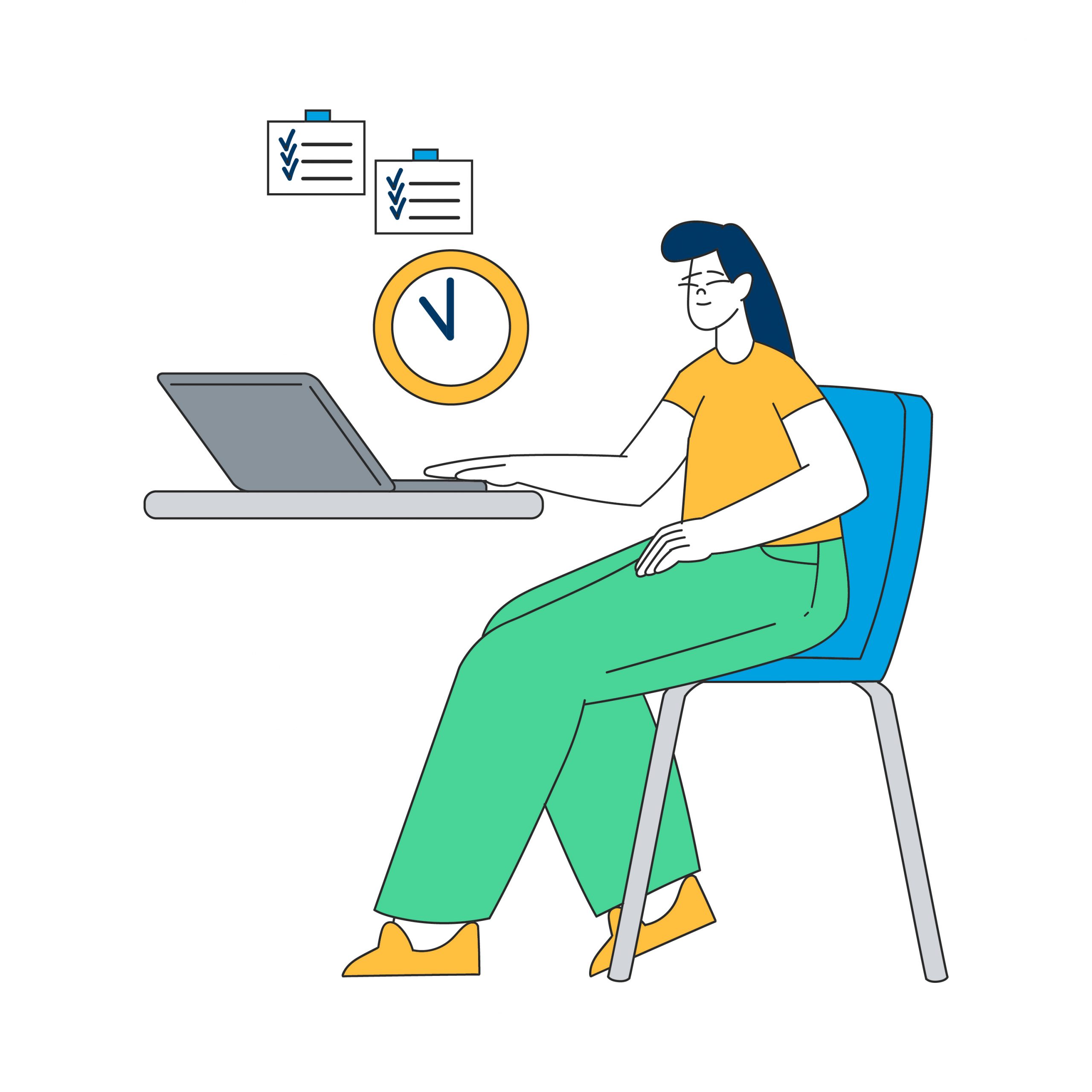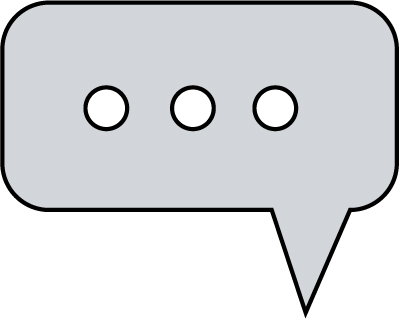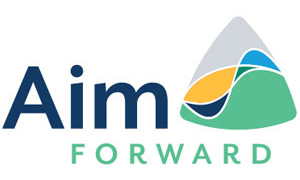This blog is one of three written for parents who are looking for ways to support their child’s learning. This blog focuses on writing support for students, but all three blog posts explore different ways you can support your child with their study skills, including reading and revision.
The two other blogs are:
Studying is a skill that some students pick up easily, and develop strategies that work for them.. But for many other students more conscious thought might be needed to develop these specific study skills. This is particularly the case for students with a neurodivergence like dyslexia, autism, and ADHD.
Study skills tutors can help your child based on their specific needs. Whether your child has a diagnosis or not, there are things you can do to help them develop their writing skills for exams.
Writing is an art form. Your child will have been developing their writing style and skills throughout their school years, but writing to answer an exam or coursework question is a different skill set in many ways. Below we have shared several strategies you can work on with your child to prepare for their GCSEs and A-levels.

Practice simplifying questions and instructions
Breaking down a question to understand what it is asking is a key skill that requires practice. GCSE and A-level exams are increasingly using multi-stage and multi-stepped questions, and your child will need to be able to break these questions down before they can structure an effective response.
The first read-through of the question or instruction will often give only a basic understanding of what is being asked. If they only read through it once, they are more likely to miss key information. Encourage them to:





Develop an understanding of command words
Command words (e.g. analyse, assess, discuss) are the keywords in exam and coursework questions that guide how you should answer the question. Most command words have a consistent meaning across subjects and exam boards, but there can be differences. For example, ‘evaluate’ has different meanings in English and Maths. Find out each exam board’s exact definitions of their command words, and review a general overview.
Make sure your child is familiar with the command words that might be used in their exams and coursework, as well as how they are expected to answer a question.


Practice planning and structuring
Planning and structuring your thoughts in written form is a complex but useful skill your child will need to learn. Many tools can help with writing support for students, but some will work better than others for your child. Start trialling them well in advance of starting practice papers and coursework to find which one will be most beneficial. There are two key ways to practise structuring written work:

This can be done using mind mapping software like Mindview or Inspiration or by hand drawing. Mind mapping provides a visual overview of ideas. This technique teaches your child to see the relationship between ideas and group them. This can provide clarity and structure before starting written work.

Planning templates or frameworks also offer a visual structure that can help guide your child through answering coursework or exam questions effectively. Your child may have been taught different types of planning templates or frameworks by their teachers. The type of template or framework that would be most useful for your child will vary by subject and exam questions.
Getting your child feedback on their practice answers is very important, and this needs the guidance of their teacher or a study skills tutor. Showing your child what an ideal answer looks like will also help them identify areas for improvement.
Support any physical difficulties with handwriting
Many pieces of written coursework can be completed on a computer, but your child will need to handwrite their answers in exams (unless they are allowed to have a scribe). Exams are often completed under timed conditions, so it is particularly important to eliminate any potential causes of physical handwriting difficulties before exams.
Your child’s writing legibility and speed of writing are both important factors for exam success. You will need to check what is allowed in your child’s exams, but there are several tools you can try to help overcome poor coordination, pencil grip, seating or positioning. These include:
- Different sizes or styles of pen or pencil
- Pen or pencil grips to help your child with their writing positioning
- Different types of paper including tinted paper to reduce visual stress, and paper that is lined or with raised lines to provide sensory feedback
- The use of a writing slope – can position the shoulder, arm and hand in the ideal hand position for wrist movement and a correct pencil grip.
- Cushions or seat wedges to support and correctly position your child while they write


Help expand their vocabulary
Exam questions increasingly ask students to describe something in their own words. Developing a wide vocabulary is an effective way to help children succeed in these types of tasks. Here are some tips that could help expand your child’s vocabulary:






Explore which assistive technologies may work for your child
There is a range of software that can help provide writing support for students, including text-to-speech, speech-to-text, mind mapping, spelling and grammar checkers, and notetaking equipment and software.
The impact of a neurodivergence or mental health condition can greatly impact your child’s ability to produce written work in line with their potential. Assistive software can help remove some of these barriers, speed up the writing process and allow your child to focus on the content, rather than correcting spelling or worrying about how to structure their work. This can help increase productivity, reduce worries over procrastination, reduce errors, and increase their marks.
Finding the right assistive software can be challenging. You need to take into account what strategies your child currently uses and likes and which software can be easily picked up and regularly used. You will also need to consider if you have access to free solutions or what budget you need if you want more comprehensive software.


Explore personalised support for your child
Find out More – Sign up to our free webinar on Empowering Neurodivergent Students in their GCSEs and A Levels here
At Aim Forward we can offer children aged 14+ personalised support with our needs assessments. An assessment can help you identify the specific areas where your child could benefit from further support.
A needs assessment is an informal meeting with an experienced neurodiversity assessor and your child, which you are encouraged to attend. Together we will explore your child’s strengths, weaknesses and the impact of any barriers they may be facing as a result of their neurodivergence or mental health condition. Wewill co-create strategies to overcome these barriers. We may recommend a blend of assistive technology, software, apps and reasonable adjustments that could be put in place for their independent study.
The needs assessment is followed by a bespoke report which explores any difficulties your child may be facing in skills like reading. We will work with you to create strategies to overcome this in their independent study.
Get in touch today to find out more about our needs assessments, and how Aim Forward can help your child put strategies in place to excel in their studies.
For the latest information, tips and tools on neurodiversity and mental health, sign up for our newsletter today.
We are also offering a free webinar to help empower neurodivergent students through their exams and how parents can help. If you’ve got a child going through their GCSEs, AS or A Levels, sign up below!

